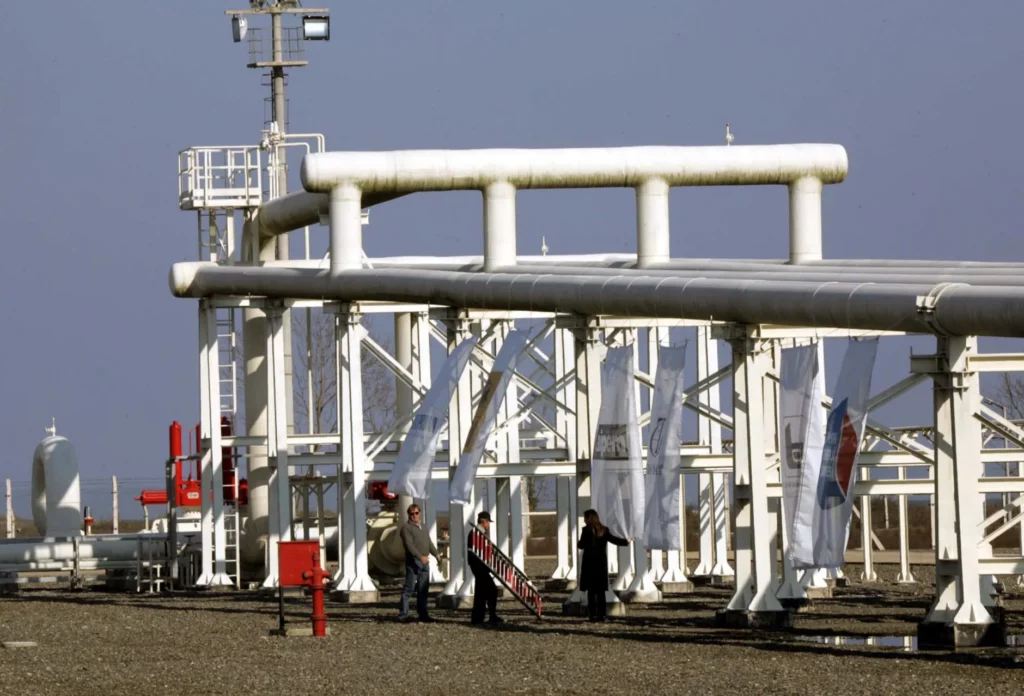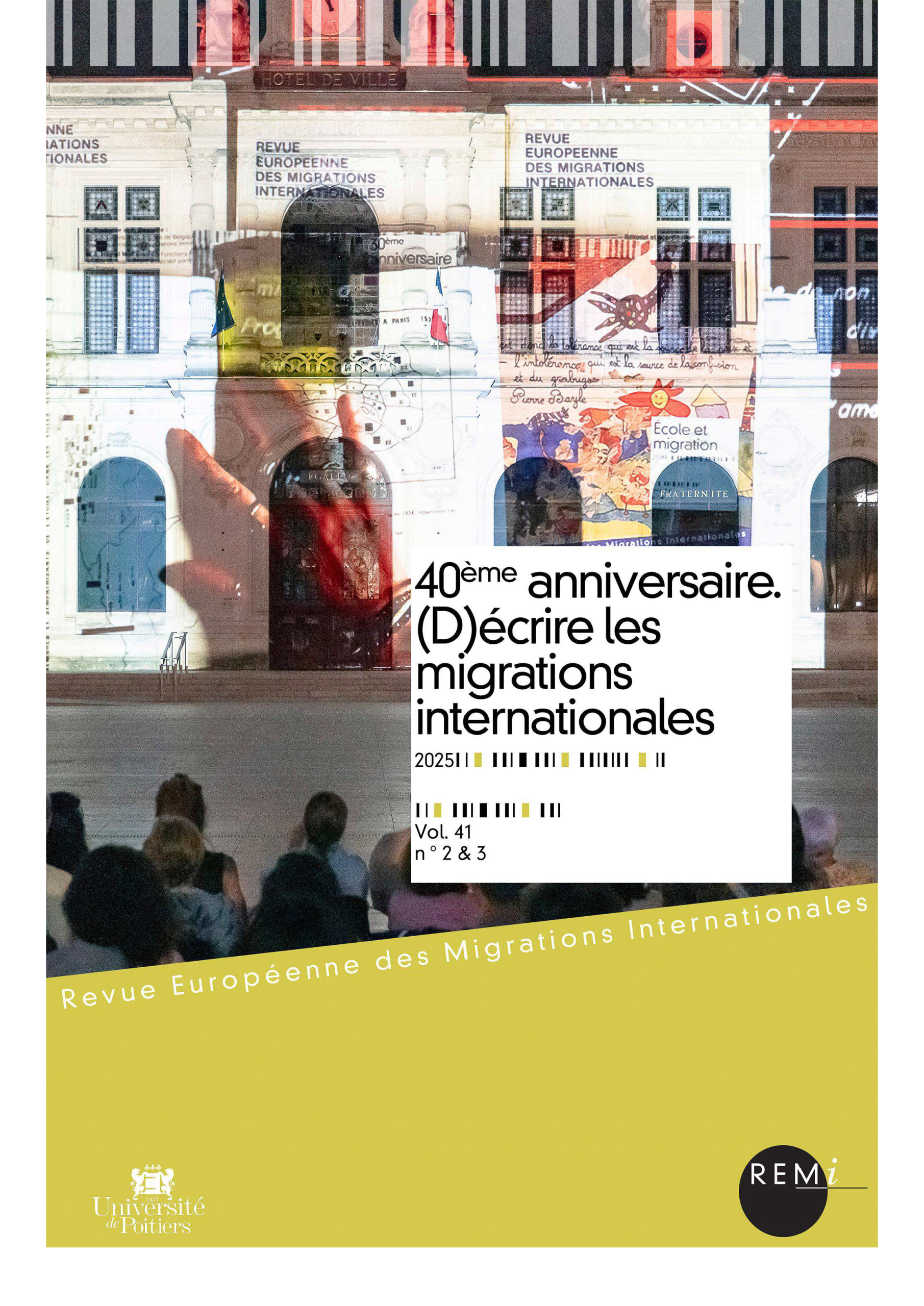Rémi CARCELES - The development of Turkey's gas strategy

The escalation of tensions between Kiev and Moscow that led to Russia's invasion of Ukraine has made energy supplies a priority for Europe once again, particularly following the announcement of the suspension of the North Stream 2 gas pipeline project linking Germany to Russia. Under pressure from the United States, and in the context of a new government coalition following Angela Merkel's retirement, the new Chancellor Olaf Scholz has announced that he is suspending the construction of this new energy link and is considering the possibility of replacing it with the construction of new LNG terminals capable of processing liquefied natural gas (LNG) transported by ship. This change in policy would essentially benefit the Americans, who have recently become the world's leading exporters of this resource through the exploitation of their shale gas deposits. But in the short term, with energy prices continuing to rise for European households, the problem of replacing Russian sources of hydrocarbons is an immediate one, at least for as long as the conflict with Ukraine lasts. With this in mind, the other gas pipeline projects that were previously sidelined in favour of the North Stream loop or because of other difficulties could be reconsidered. And if the new priority constraint of this new European selection process is no longer just the cost price per cubic metre of gas, but also the need to reduce Russia's share of energy imports in order to deprive Vladimir Putin's regime of an additional lever of influence, it is Turkey that could well win the day.
Share on
Read also


